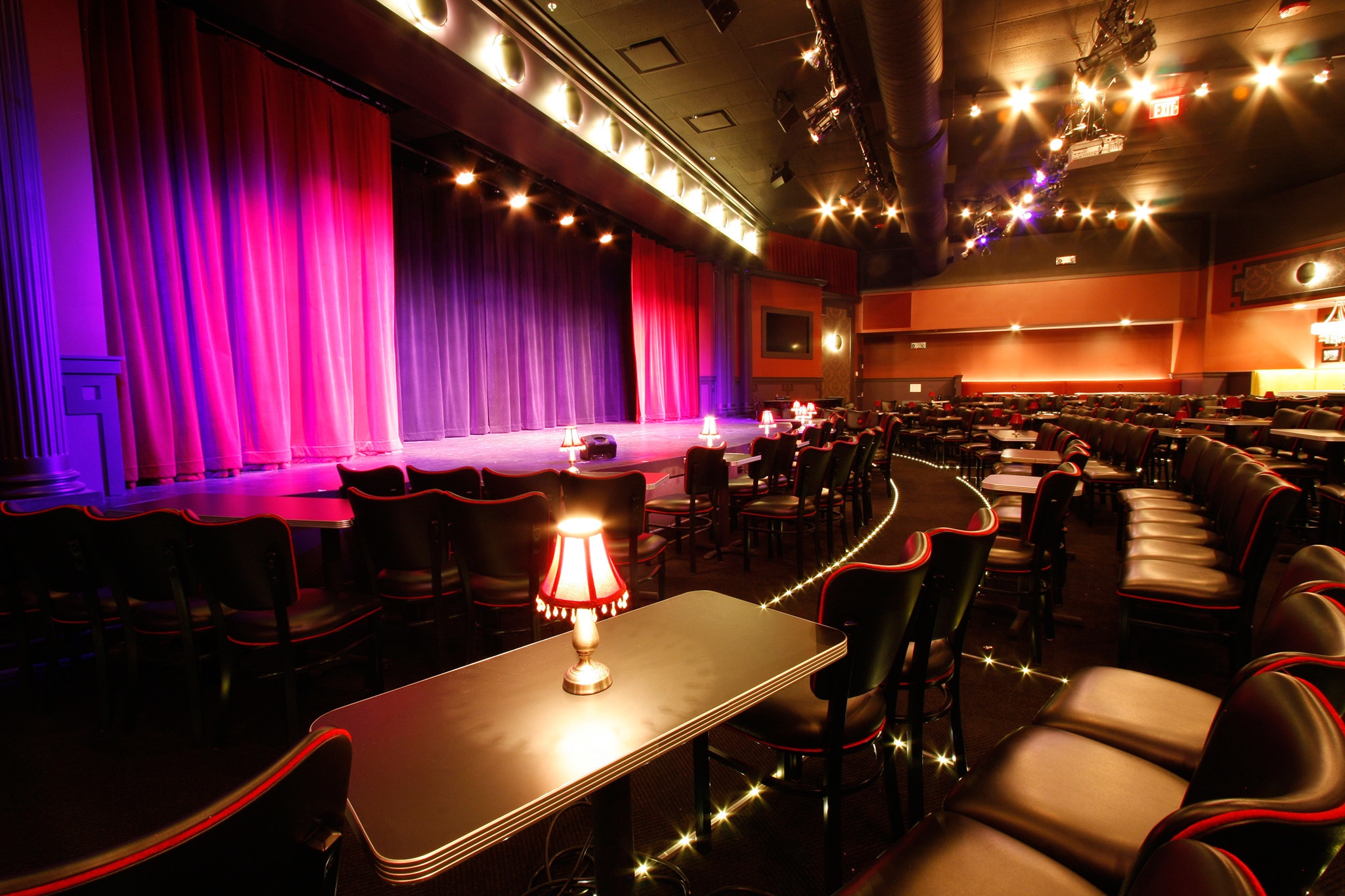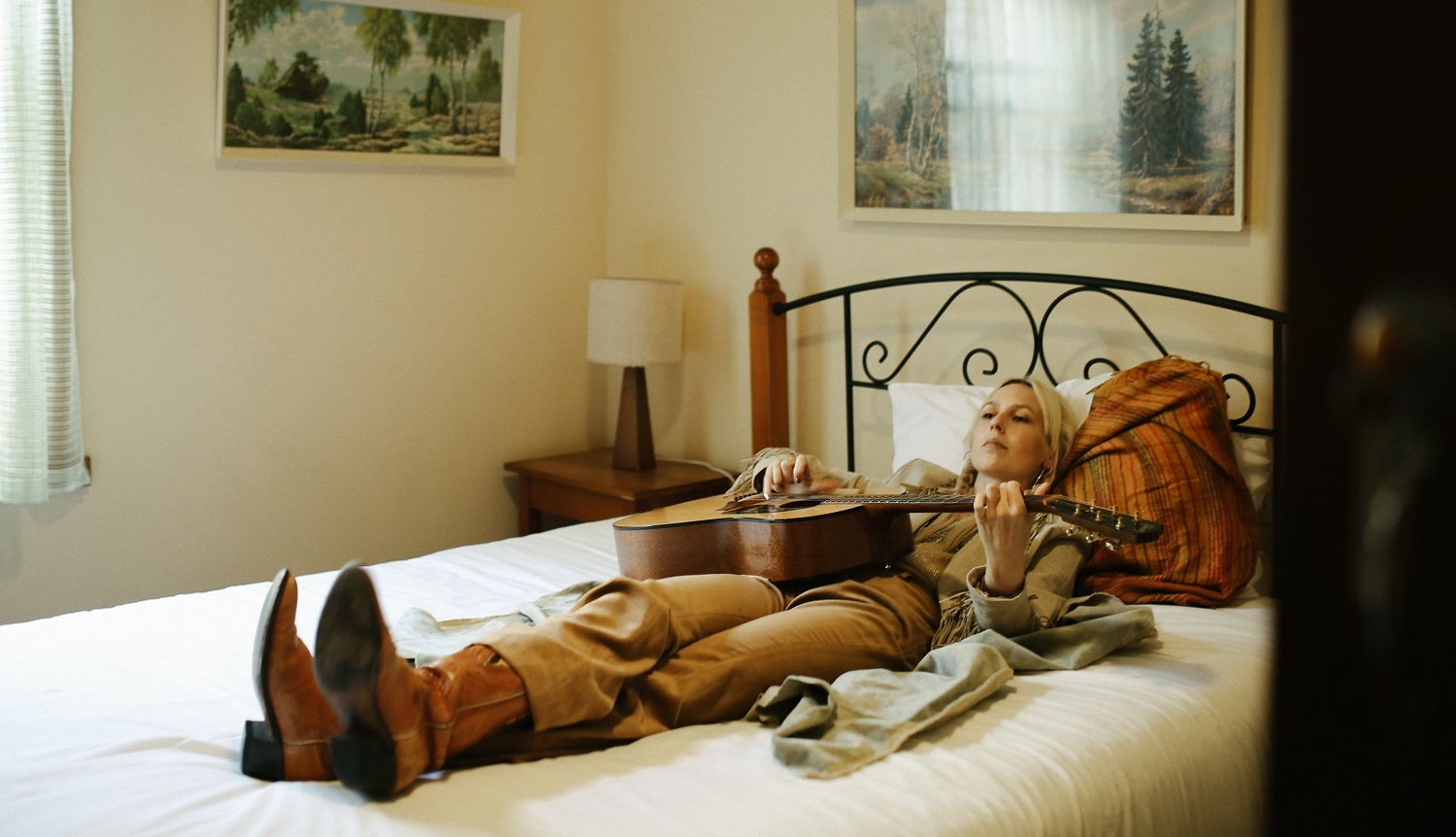Of course, the audience guffawed on both occasions. But there’s a serious point behind the laugh: that in the Melbourne comedy scene, things aren’t as evenly representative as they could be. It was also a running joke in this year’s televised Great Debate. DeAnne Smith highlighted the panel ratio of one woman to two men – ‘I’m not even a real woman! Come on guys!’ – while Janelle James made a dig at being the only black person, ‘wedged between two pasty white dudes.’
Clearly, comedians this year enjoyed making diversity the butt of their jokes. But just how fair was this? Speaking at this year’s press launch, Festival Director Susan Provan said, ‘Speaking at this year’s press launch, Festival Director Susan Provan said, ‘Our festival is a place for everyone, from all ages and all walks of life. It is truly feeling global this year.’ As many as 74 shows featured artists from Argentina, Canada, China, Germany, Greece, Hong Kong, India, Ireland, Japan, Malaysia, Singapore, New Zealand, South Africa, UK and USA. One show was in Mandarin, another Cantonese, while 6 shows identified as Aboriginal or Torres Strait Islander. The opening galas were 25% women, reflecting the ratio in the festival – of 556 shows, 103 are solo women shows. 72 of the 155 festival venues have disabled access, while 44 of the shows had either Auslan interpreter, or were suitable for the hard of hearing.
The Festival had a number of platforms this year to encourage diversity – particularly their range of special events – from Comedy Zone Asia and the Bengalaru Indian showcase, to Aborigi-LOL and Deadly Funny, which celebrated Indigenous talent. Then there’s Upfront, the annual gala that delivers ‘some of the best artists in the country.’ Although the line-up is all-female, the organisers have never described it as so. ‘It’s more productive to focus on the work a person does… I believe in inclusion and demonstrating through action,’ says host Geraldine Quinn.
Another measure to help the under-representation of women in comedy is the annual Jeez Louise address. This year Cal Wilson and Nelly Thomas presented the results of a survey commissioned by the festival, the main summary being, ‘the festival is very supportive of getting to the 50/50 target. We’re just not there yet.’ That said, in the development areas, things look brighter. Wes Snelling, Producer of Class Clowns and Deadly Funny reported, ‘this year, more females entered the class clowns teenage competition than ever before. Things are changing, which is heart-warming.’
‘Comedy doesn’t have an HR department, but it probably needs one,’ said Cal Wilson, speaking about how sexual harassment is one reason more women don’t stay in comedy. One idea to try and tackle this issue is a poster campaign to discourage harassment. Other positive ideas mentioned were – a website resource cataloguing all female comedians, to help those bookers that say, ‘there aren’t enough good female comedians’, and ‘The Mother of All Comedians’ – an award to help fund childcare, so comedians can return to work after having children.
Another way of judging diversity is to look at the themes of the shows, which this year spanned a range of brave and controversial themes, not just the well-trodden topics of masturbation and Tinder. As A-List Talent Producer Carrie Hardie puts it, ‘the best comedians reflect on the world outside their own experiences. …making the comedy on offer more diverse, unconsciously so.’ One show where the comic stepped outside his own experience was Yianni Agisilaou’s ‘The Unpinchable Pink Pen’ – an hilarious exploration of gender issues.Then there was Michael Shafer’s Jewish-Ish, which poked fearless fun at Jews and gentiles alike – while Ahir Shah’s spot in the UK’s New Order gave a frank and illuminating take on Sikhism.
Another initiative hoping to build on all of the above is new brand of stand-up night, LEMON Comedy, billed as a comic ‘PS’ a fortnight after the festival. On the 9th May at the Hare Hole in Fitzroy, it promises a rich line-up of comedians, with Barry-nominated ‘Gentleman Elf’ Deanne Smith as headliner. ‘With LEMON, we aim to celebrate and amplify the voices who might otherwise have felt marginalised in the space… in Melbourne and in other cities,’ says host and co-founder Ievy Stamatov.
Diversity was the butt of many a joke at this year’s Melbourne International Comedy Festival – alongside Pauline Hanson, and Frankston – but hopefully with these measures in place, one day it won’t be. For comic Suren Jayermanne things feel easier today, ‘compared to ten years ago when there were only a handful of minority comedians, and audiences weren’t used to them.’ Indeed, as another ‘straight white male’ on the club circuit, Ryan Coffey says he now has to work harder to stand out. ‘There are so many of us competing for the same slots.’ Bengalaru’s Neeti Palta says she sometimes feels like a novelty as a female comic – a rarity, ‘like an honest politician’. So in a classic comic reversal, there’s now a whole other way of looking at this issue.
Either way, when it comes to equality in comedy, we are not there yet, but we are moving in the right direction. Once when Palta was backstage before a gig, a fellow artist whispered to her, ‘don’t take advantage of being a woman.’ Her witty riposte: ‘Why not? Someone will, it might as well be me.’ In this business, whether you’re from a ‘minority background’ or not, it’s all about being able to have the last laugh.

